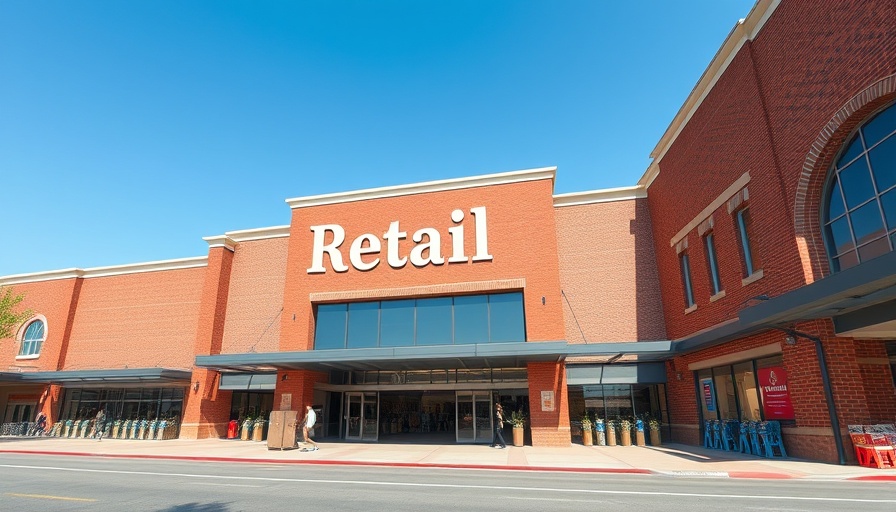
Trump's Direct Challenge to Walmart Amid Economic Concerns
Recently, former President Donald Trump made headlines by challenging Walmart to "EAT THE TARIFFS" after the retail giant expressed concerns over rising prices due to increased import taxes on goods from China. This statement was made in the context of Walmart potentially raising prices for consumers if tariffs remain in place, a situation that could significantly impact the retail sector and consumer behavior.
The Impact of Tariffs on Retail Prices
Current data from the retail industry suggests that tariffs, particularly on imported goods, can lead to increased costs that are often passed down to consumers. With Walmart being one of the largest retailers in the U.S., its pricing strategy is highly influential. A price hike could not only frustrate customers but also shift consumer spending toward other retailers that may absorb the costs differently.
Walmart's Role in the Economy
Walmart’s pricing decisions are closely watched as they reflect broader economic conditions. As an inflationary environment persists, the retailer's move to raise prices could signal a troubling trend, potentially affecting consumer behavior and spending patterns across the nation. In a market where consumers are sensitive to price changes, Walmart’s actions could lead to a ripple effect through the economy, impacting small businesses and startups that rely on affordable supply chains.
Future Considerations for Businesses
As businesses navigate an environment shaped by tariffs and potential price increases, staying informed on economic forecasts and market analysis is critical. Entrepreneurs and retail professionals must develop strategies that accommodate these changes, including exploring local sourcing opportunities, investing in sustainability, and adapting to shifting consumer preferences.
In this context, understanding the broader implications of Walmart's pricing strategy and Trump's comments can provide valuable insights into market trends, helping businesses to adjust their operations accordingly. Companies might need to rethink their supply chain strategies and consider alternative sourcing to mitigate the impact of tariffs on their bottom lines.
The retail landscape is evolving, and companies that can adapt quickly will likely find success in this new paradigm. Whether it’s through innovation, embracing sustainability, or adjusting pricing strategies, the ability to pivot could define the future for many businesses, especially in competitive markets like the Bay Area.
 Add Row
Add Row  Add
Add 



Write A Comment